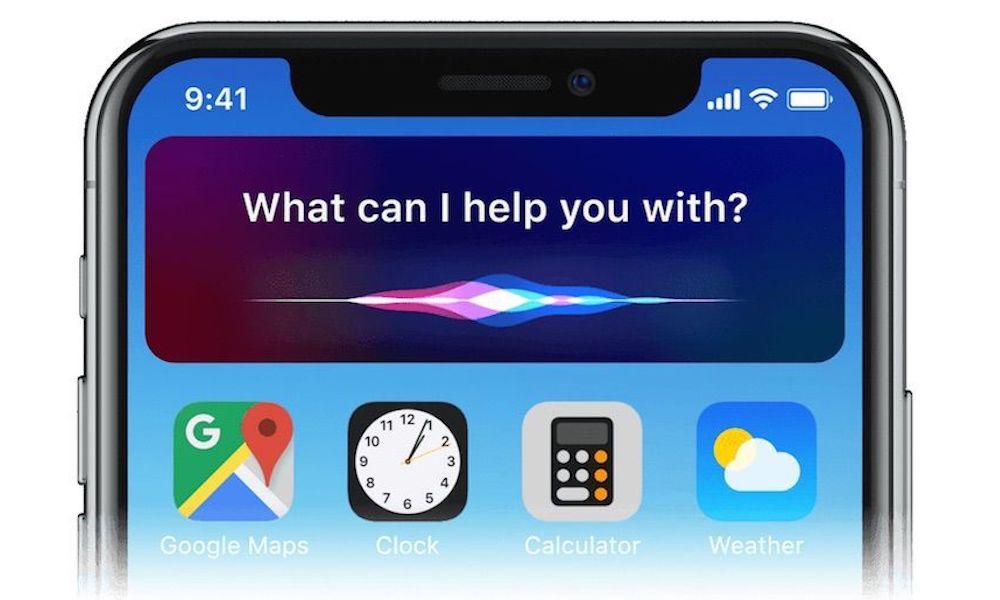Former Siri Boss Says Virtual Assistants Still Have a Long Way To Go
 Credit: UX Design
Credit: UX DesignToggle Dark Mode
We live in an age of almost ubiquitous virtual assistants, but is this really the future that most of us dreamed of when we were watching Star Trek years ago? While voice-controlled assistants like Siri, Alexa, and Google Assistant definitely do make many tasks simpler, they’re still far from intuitive, often requiring you to speak to them in relatively precise terms to accomplish what you want, lacking a more casual conversational nature that would make them fit seamlessly into our daily routines.
Apple’s former head of Siri, Bill Stasior, agrees. In a recent interview with Business Insider, the former Siri engineer who led the product’s development team said that although voice recognition technology has come a long way, today’s virtual assistants still don’t deliver on the promise of doing what people really expect from them. Instead, people are forced to learn how to talk to their assistant of choice and adapt to that, when it really should be the other way around.
In my opinion, none of the virtual assistants really deliver on the promise of eventually being able to understand people as naturally as other people can understand them. I think everyone learns what commands work with the assistants and what commands don’t work with the assistants. And while that’s improving very rapidly right now, I think there’s still a long way to go.
Bill Stasior, Apple’s former Vice President of Siri
In fact, Siri, which became the first mainstream voice assistant when Apple debuted it with the iPhone 4S back in 2011, quickly became the subject of many jokes due to its frequent inability to understand the user’s requests. When Amazon debuted Alexa three years later, it fared no better; in fact, in many ways Alexa’s voice recognition capabilities started from behind, initially focusing largely on helping users order Amazon products.
For various reasons, Apple squandered Siri’s three-year lead in a lot of ways, however, with the voice assistant’s original co-founders ultimately leaving Apple to pursue other projects. By last year, it was clear that Siri was struggling to hold its own, so when Apple lured in Google’s AI Chief John Giannandrea and ultimately appointed him the Senior Vice President of an entirely new machine learning division,Siri was placed under his new leadership, moving it from Senior VP Craig Federighi’s Software Engineering division, where it had previously arrived in 2017 after spending four years of languishing as an afterthought in Senior VP Eddy Cue’s extremely crowded Internet Software and Services portfolio.
In fact, it was this transition of responsibility for Siri that ultimately led to Stasior’s departure from Apple earlier this year, as it was revealed that Giannandrea was shifting the team’s focus to more long-term research. While the specific reasons for Stasior’s departure were unclear, it was generally believed that Giannandrea was cleaning house to make way for new faces and fresh perspectives.
Despite this, however, Stasior acknowledges that longer-term efforts on artificial intelligence and machine learning are exactly what’s needed in the next big evolution of voice assistants. For whatever reason, under his leadership at Apple, Siri had focused mostly on incremental improvements, but little work had been done to truly improve the overall user experience and intelligence of the voice assistant. Whether this was a function of Stasior’s leadership or whether his hands were tied by other financial and political forces within Apple is less clear, although the lack of focus on Siri prior to Giannandrea’s arrival suggests that the latter was most likely the case — for years, Apple just really didn’t seem to know exactly what to do with Siri.
To reach the dream of a natural voice assistant, however, requires significant research and development in artificial intelligence and machine learning, and this is an area that’s just beginning to be properly explored. The problem, Stasior says, is that machines are still only designed to handle specific tasks, and lack the much broader contextual understanding of the world that people have. “When you want to talk to an assistant,” he says, “you’re opening the door for almost any task or any question” and artificial intelligence research is still a ways away from being able to deliver that.
While Apple is using machine learning to add a more natural voice to Siri when iOS 13 arrives later this year, that seems to be about the only improvement we’ll see to the core voice assistant itself (Apple will also be opening Siri up to more third-party apps, but that’s merely expanding Siri’s breadth rather than its depth). With rumours that the Siri team is now playing the long game, however, this shouldn’t be seen as a bad thing. Apple has a lot of very smart people working on Siri now, and if the company plays its cards right, Siri could regain its lead and somebody really could become the first virtual assistant that you can actually make requests of like you would a normal person.






